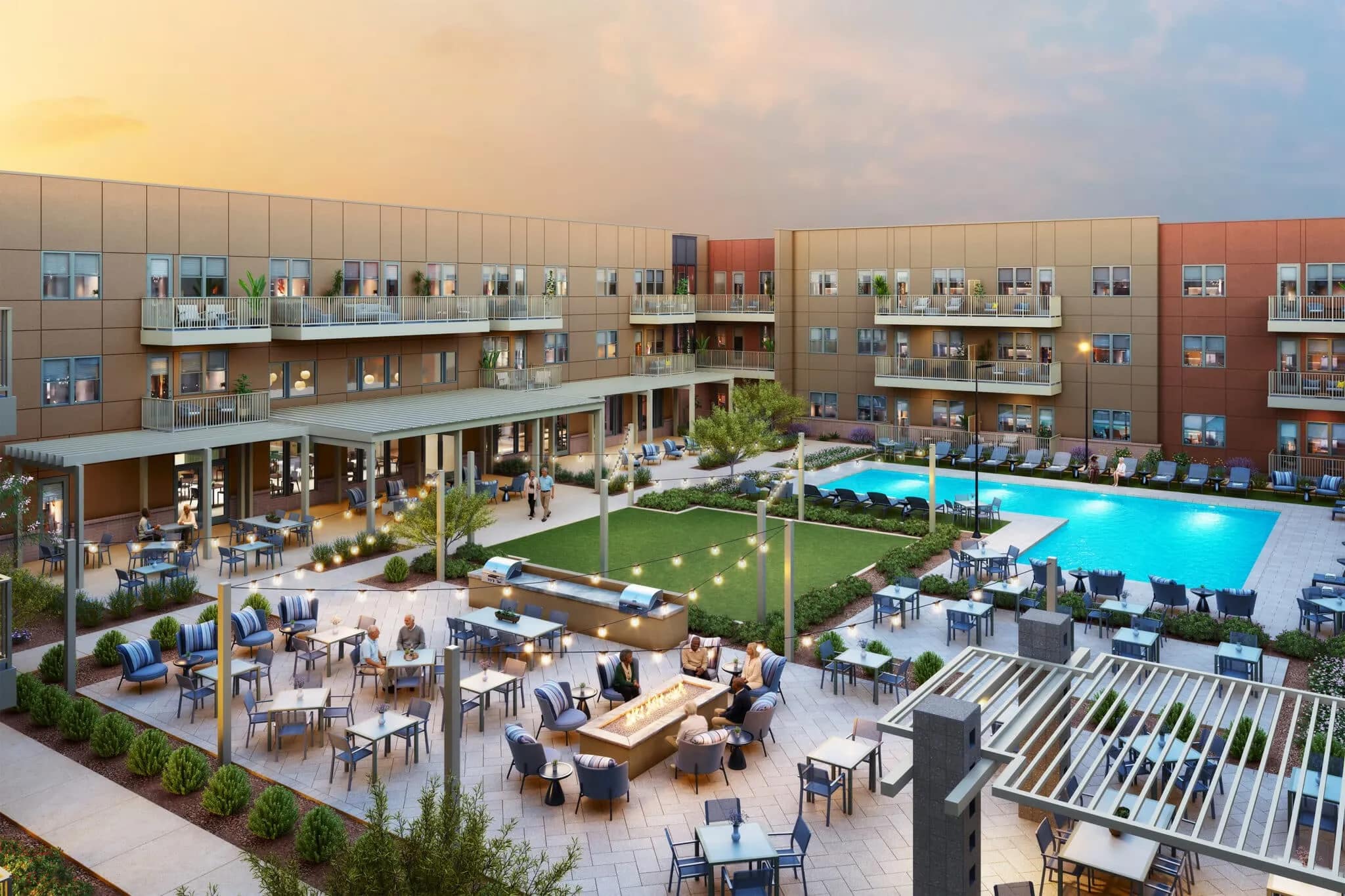Whether Americans are nearing retirement or have been retired for years, deciding where to live plays an important role in their quality of life. Living in a city that provides easy access to entertainment, dining, and shopping allows retirees to pursue their ideal kind of retirement. Retiring in an urban neighborhood also offers the benefits of public transportation and walkability, giving active adults plenty of options for getting around town.
While retirees may dream of retiring in the Texas Hill Country or along one of the Florida coasts, some of the best urban neighborhoods for retirees are located in cities such as Detroit and Pittsburgh. These cities have rebounded and continue growing, offering retirees affordable housing options without living in an overcrowded metropolitan area.
Check them out below.
Washington, D.C.

While the region is home to around 6 million people, fewer than 700,000 live in the District of Columbia itself. When it comes to 55+ communities, retirees can choose from more than two dozen neighborhoods, each with its own distinctive feel.
In Regency at Dominion Valley, retirees can savor the natural beauty of the Shenandoah Valley while being close to the action in Washington, D.C. Birchwood at Brambleton is another 55+ community that gives retirees easy access to all the entertainment and excitement of the city.
Portland, Oregon

Portland, Oregon, is a gem of a retirement destination for those who want affordable housing and easy access to recreation options. According to CNBC, the city is highly desirable for retirees due to its affordability and its activity rate.
Retirees can expect to spend less on housing expenses, goods, and services than they would in other large cities. Active adults can also pursue an active retirement, whether they want to kayak downtown or run the White Salmon River.
Retirees can find the perfect home to suit their budget and lifestyle in one of the city’s 55+ communities. King City offers an enticing mix of condos, townhomes, and single-family homes. With downtown Portland just 15 minutes away, active adults can easily take advantage of the city’s nightlife and entertainment options.
Retirees who want a vibrant lifestyle and small-town charm will appreciate all that Claremont has to offer. This popular 55+ community contains a fitness center, 9-hole golf course, and desirable single-family and attached homes.
Phoenix, Arizona

With its sunshine-filled days, top-notch golf courses, and low cost of living, Phoenix, Arizona, stands out as a fantastic retirement destination. Whether retirees want to put away their snowshoes for good or they want to live in a vibrant city that offers easy access to healthcare, entertainment, and world-class shopping, they can discover their perfect neighborhood in Phoenix.
Situated in Maricopa County with easy access to public transportation, restaurants, and shopping, Northtown offers retirees picturesque mountain views along with everything the Phoenix area has to offer.
Also within Phoenix boundaries is Ahwatukee Retirement Village. It has over 1,500 affordable homes and boasts three different amenity buildings, including a health and wellness center.









